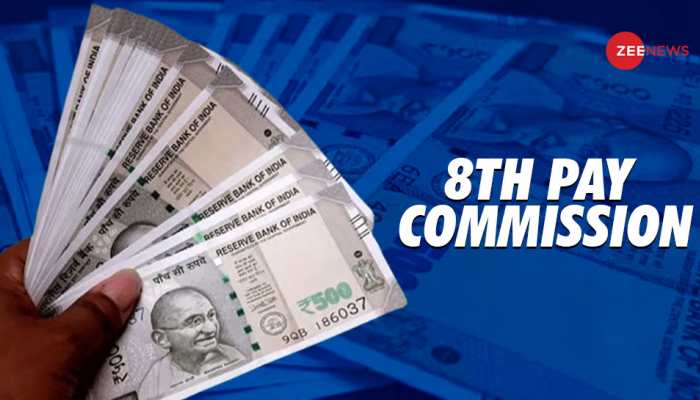CPEC turns into challenge for China; entire One Belt One Road project could be at stake
Any strains for CPEC are bound to have wide repercussions for China's attempts in other countries.
- Criticism is rising in Pakistan against secrecy surrounding the terms of CPEC agreements.
- China faces perception battle as CPEC is crucial for its Belt and Road Initiative
- CPEC is only operational arm of BRI, and any troubles here are likely to impact other projects
Trending Photos
) China and Pakistan flags at a conference. (File picture)
China and Pakistan flags at a conference. (File picture) NEW DELHI: Pakistan's honeymoon bubble seems to have burst over the China-Pakistan Economic Corridor (CPEC). Criticism and questions over the terms of the project have gained strength. China will now need to effectively handle the public perception of CPEC, or face serious credibility issues for all of President Xi Jinping's ambitious Belt and Road Initiative (BRI).
CPEC is presently the only operational part of the vast One Belt One Road (OBOR) connectivity project, which has been rebranded as the Belt and Road Initiative.
China will now have to read carefully to ensure that Pakistani public opinion does not turn against CPEC. It is the only operational part of BRI. Any strains for CPEC are bound to have wide repercussions for China's attempts in other countries.
Beijing will now not only have to hedge on its own investments on CPEC, but also keep an eye on Pakistan's shaky economy. That means the task is not only one of financial muscle, but also one of perception management. That's a soft power game that China struggles with.
China has however chosen to take a tougher line with Pakistan instead. Chinese officials had told Pakistan that they had decided to stop funding for three road projects under CPEC.
They said the funding would resume after Beijing issues 'new procedures' for the approval of funding. They also said corruption in CPEC projects was a concern.
This had left Pakistani officials stunned.
Speculation that this announcement could be retribution arose, considering it came close on the heels of Pakistan's denial of two proposals from the Chinese.
Pakistan first refused Chinese CPEC funding for the proposed Diamer-Bhasha Dam in Pakistan-occupied Kashmir (PoK). The refusal had come over the terms proposed by China, which the Pakistani officials found 'unacceptable'.
Then came Pakistan's denial of a Chinese request to allow trade in yuan at the Gwadar Port.
Earlier, in October 2016, Pakistani senators had expressed concern that CPEC could become 'another East India Company'.
What should give Chinese officials further worry is Pakistan's worsening fiscal deficit. Islamabad is hurtling towards a balance-of-payments crisis and an IMF loan repayment default.
This would spell trouble for the Chinese as well, considering the vast body of expert opinion that has said the Belt and Road Initiative spells a debt trap for countries that accept loans from China.
Apart from the financial contingencies that China might have to fall back on, it also faces a perception battle. The presence of Chinese workers along the CPEC corridor has already caused resentment locally.
Perception battles can be notoriously tough, especially for China. Beijing has struggled with its soft power projection, often reacting harshly, where a softer touch might have served it better. This was on display with its sharp reaction to Australia's foreign policy white paper that characterised China as a threat.
Beijing has already ramped up efforts to pressure Islamabad into addressing some of its concerns. But it may need to get more involved, and do so with a soft touch. That, going by track record, is going to be quite a task for Beijing.
Stay informed on all the latest news, real-time breaking news updates, and follow all the important headlines in india news and world News on Zee News.
Live Tv







)
)
)
)
)
)
)
)
)
)
